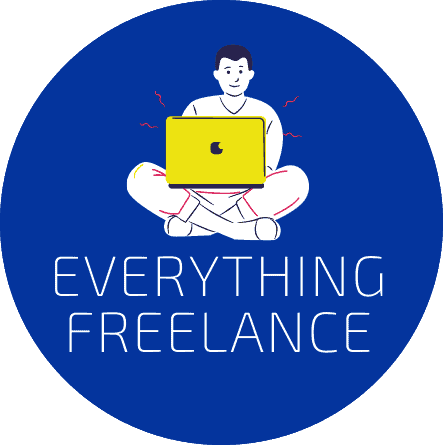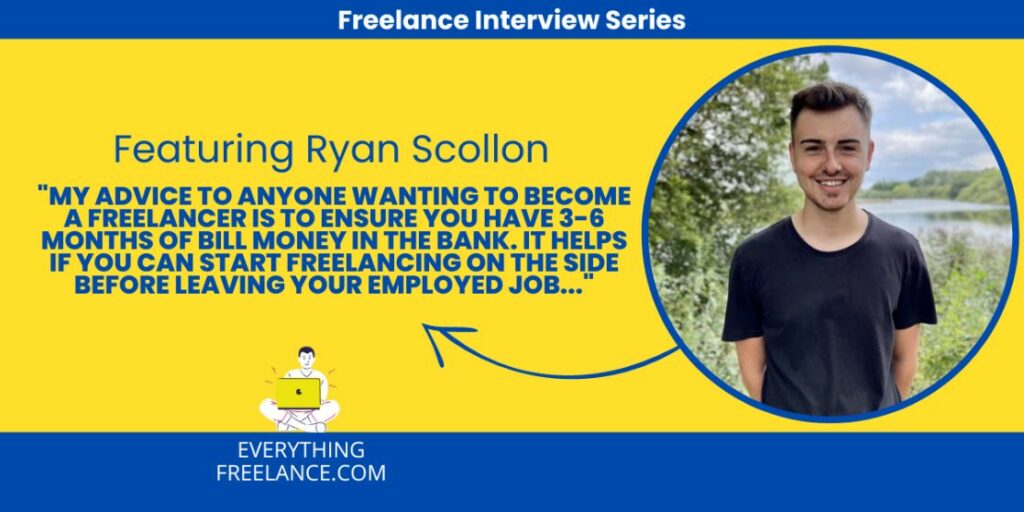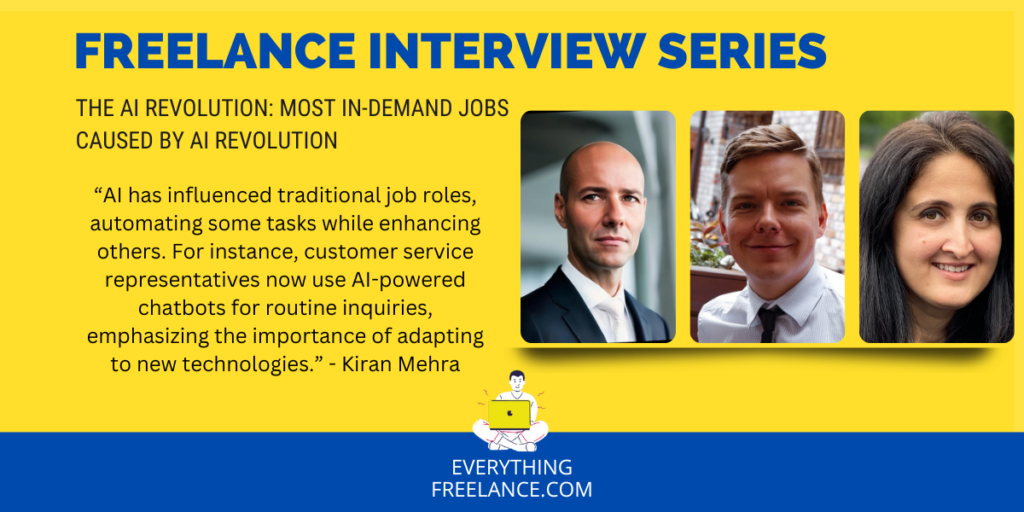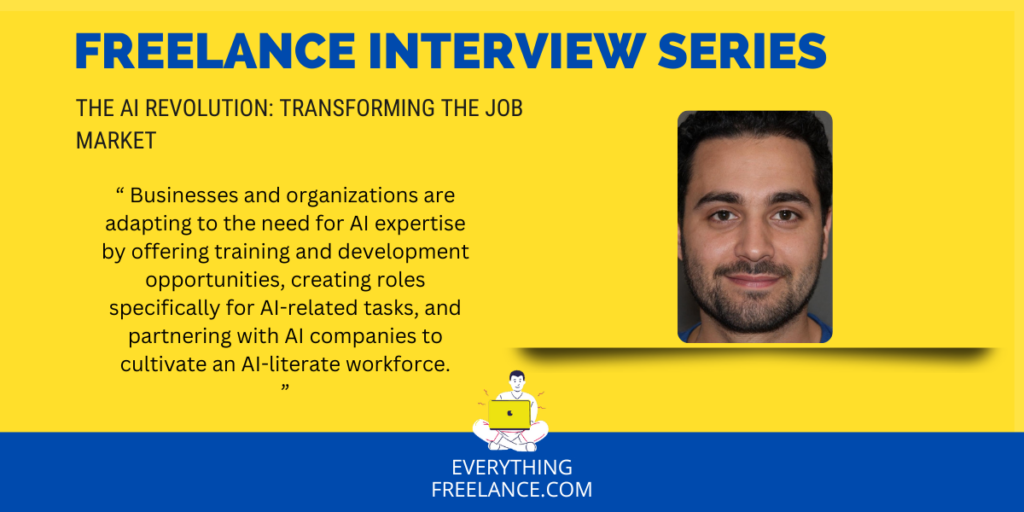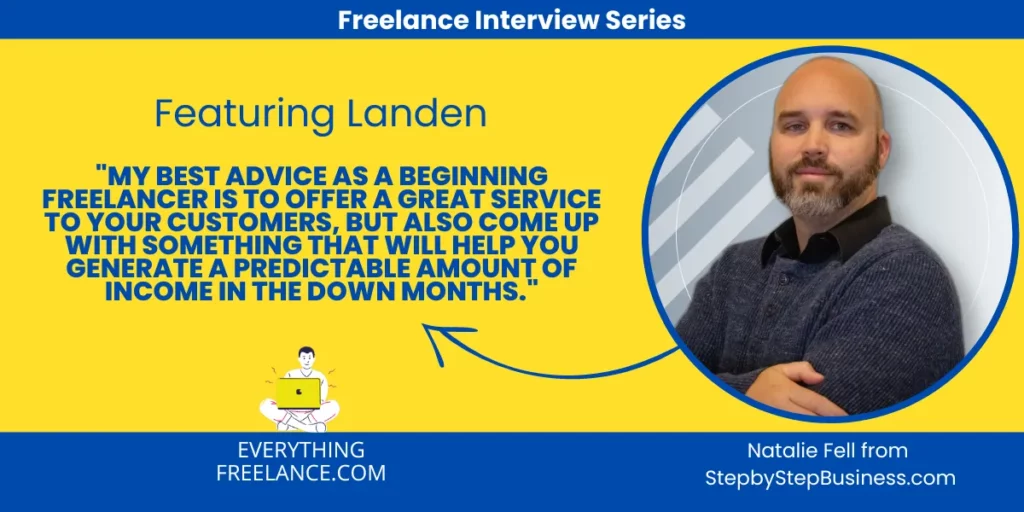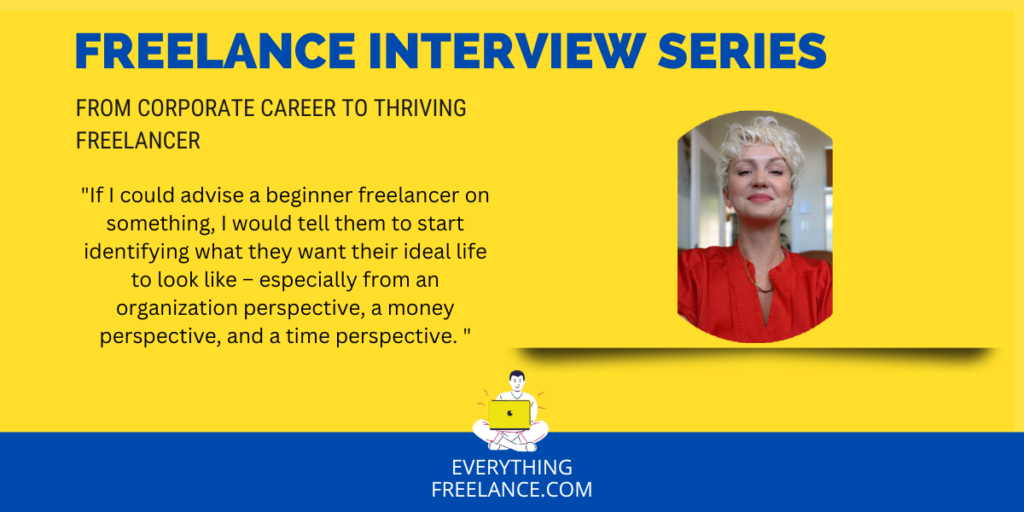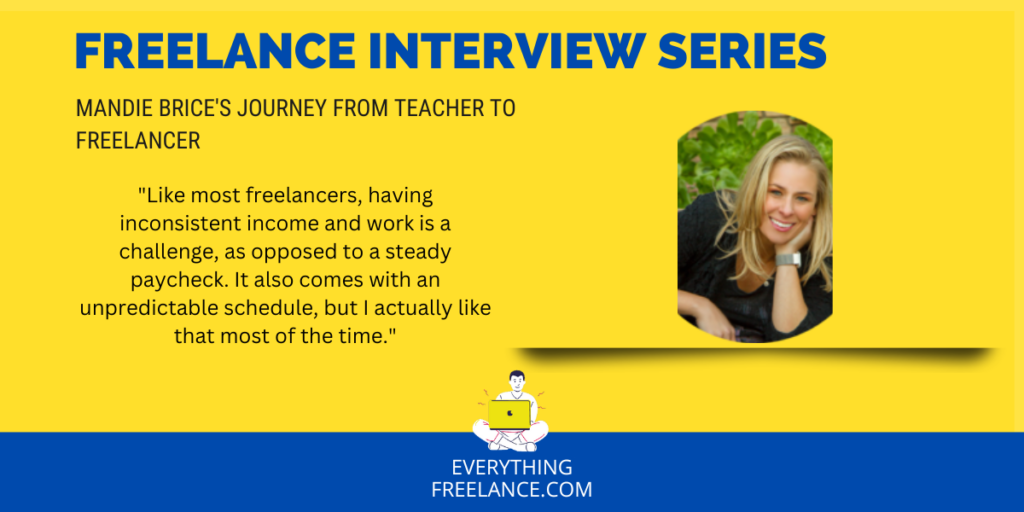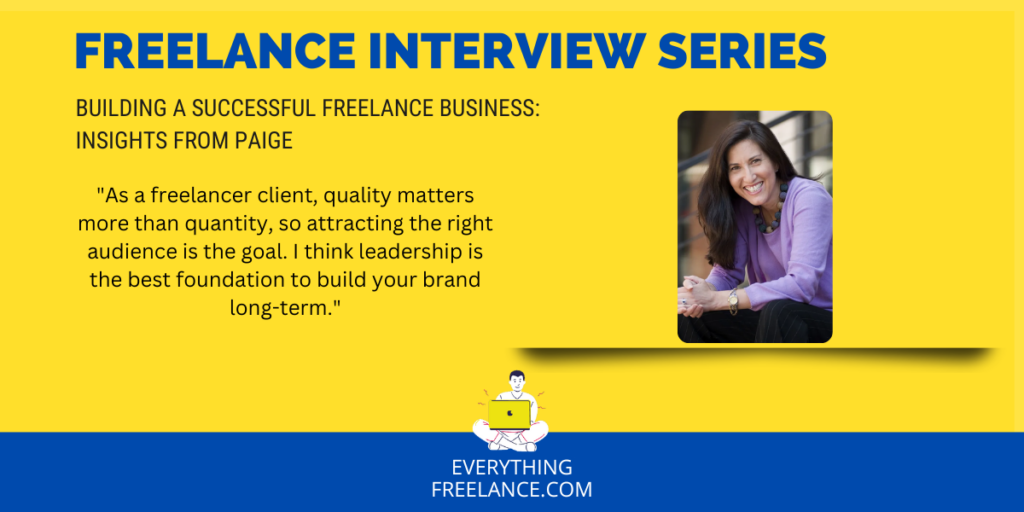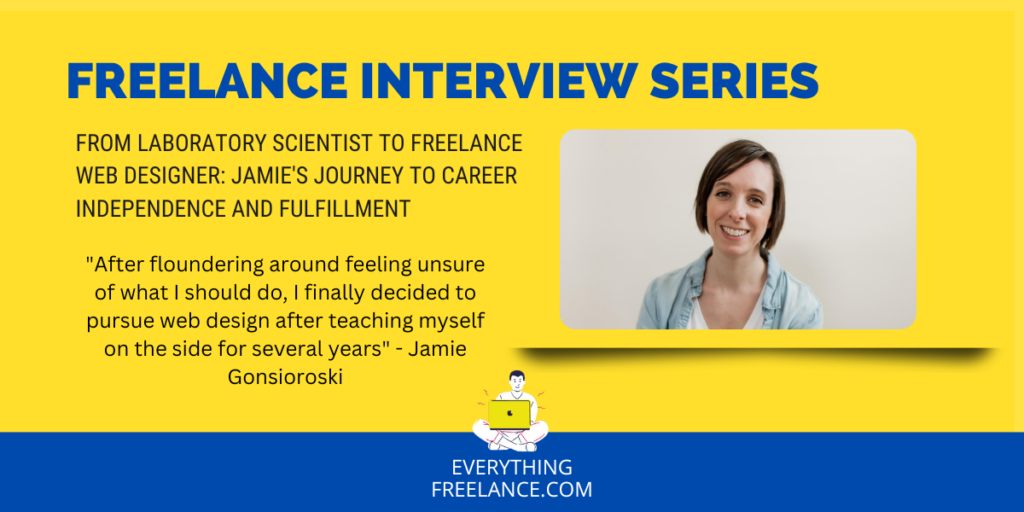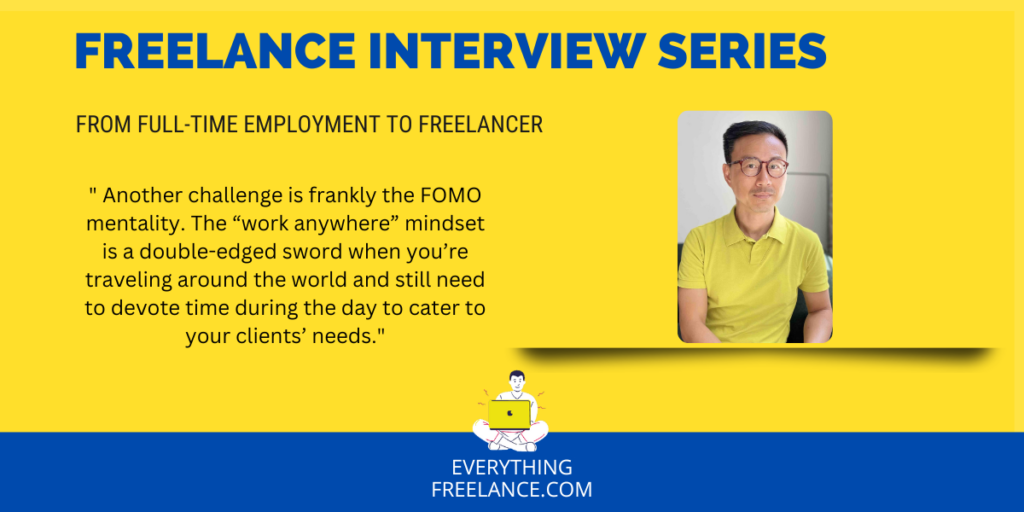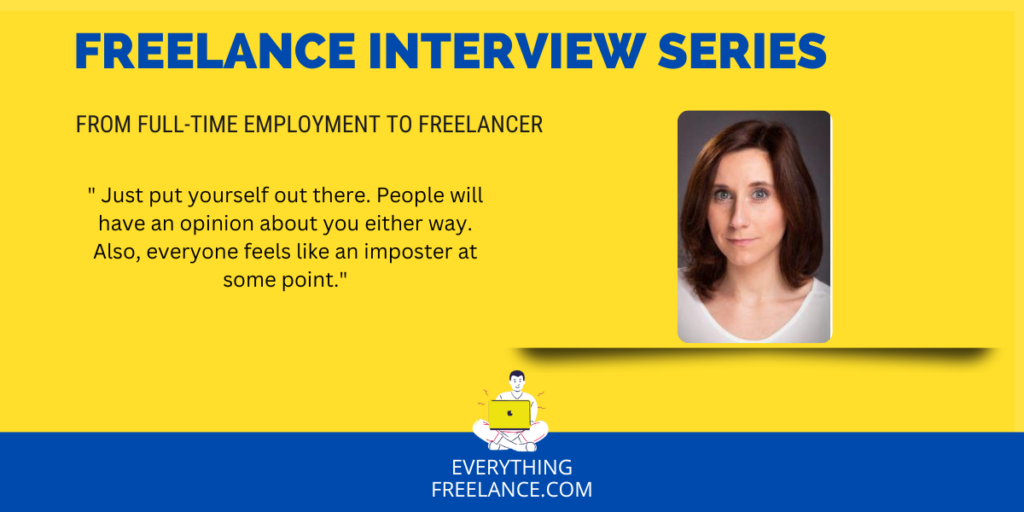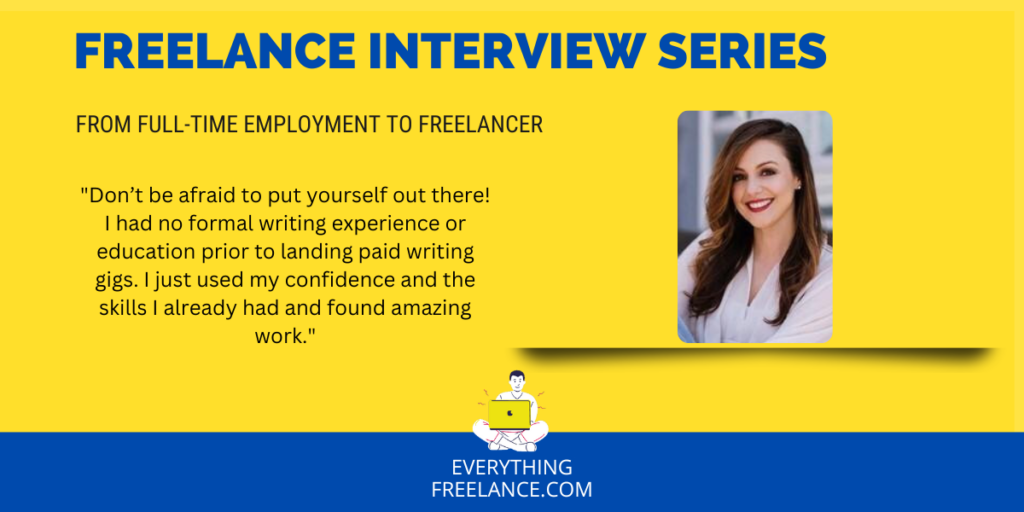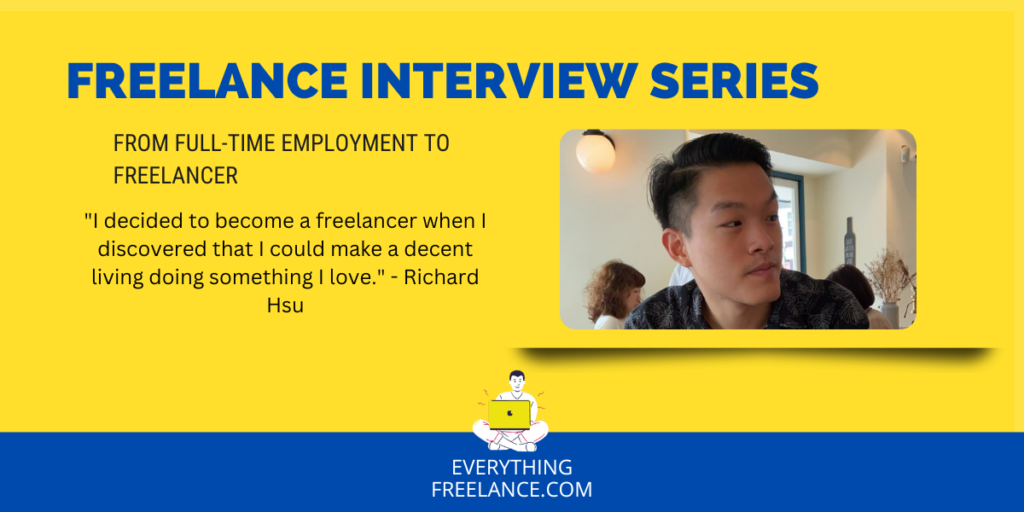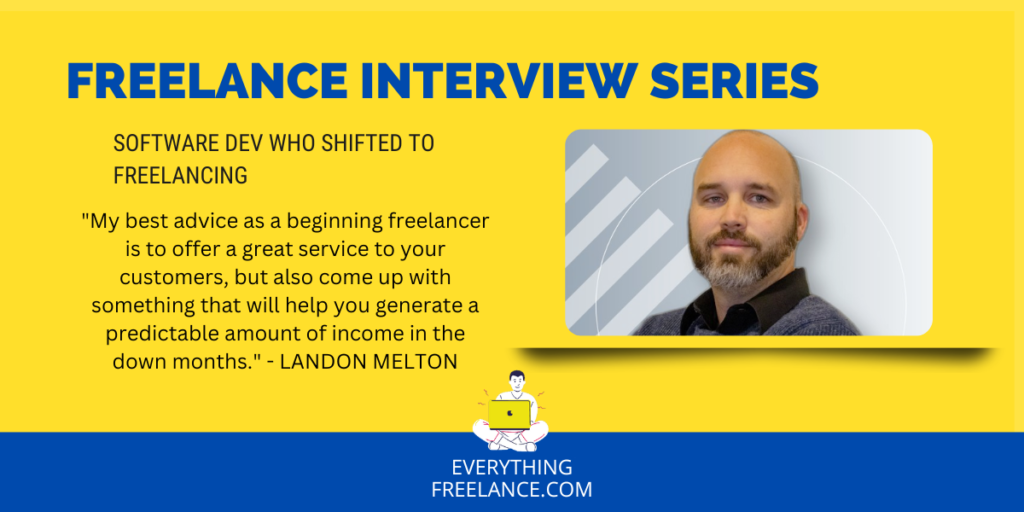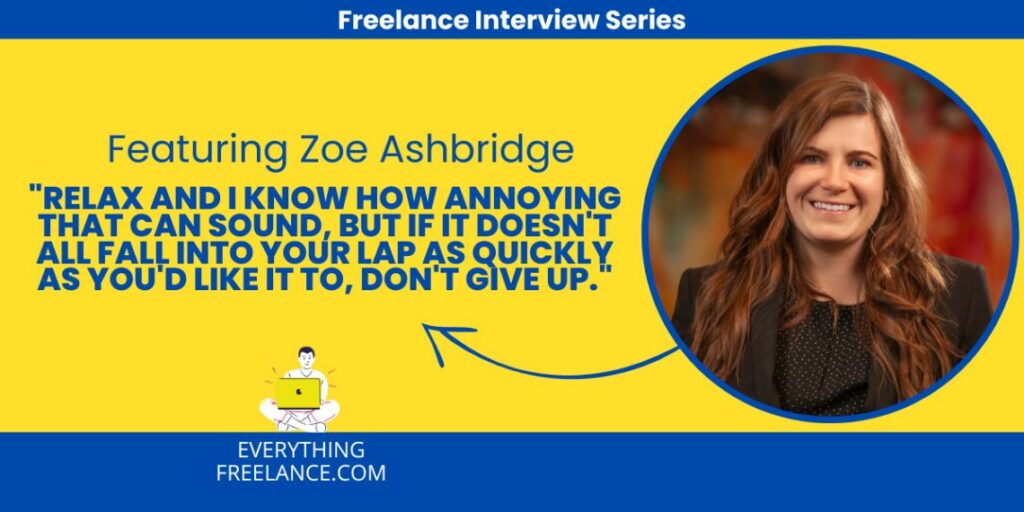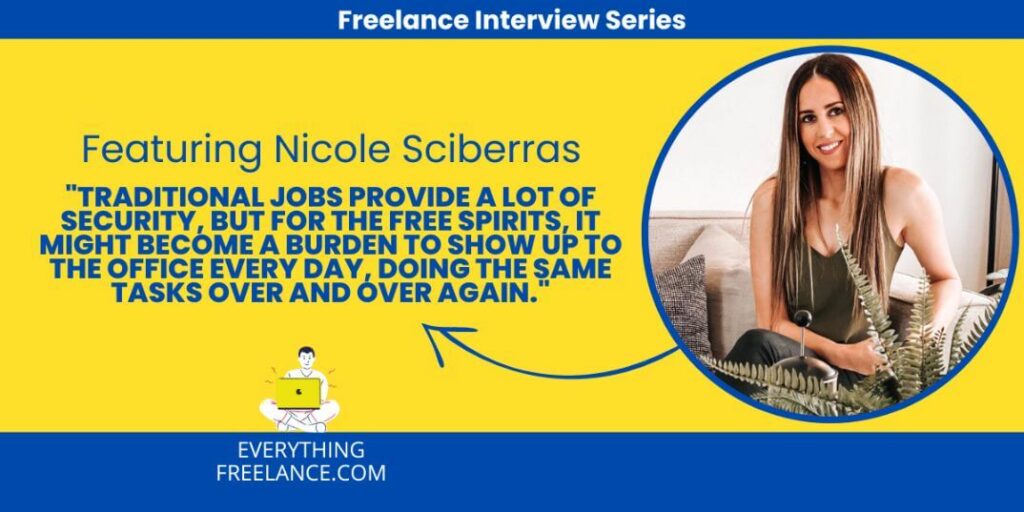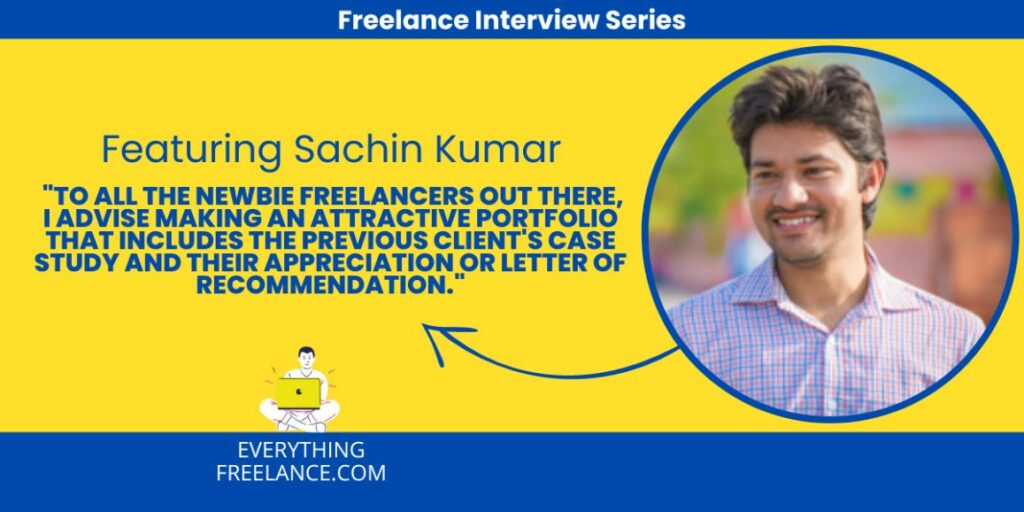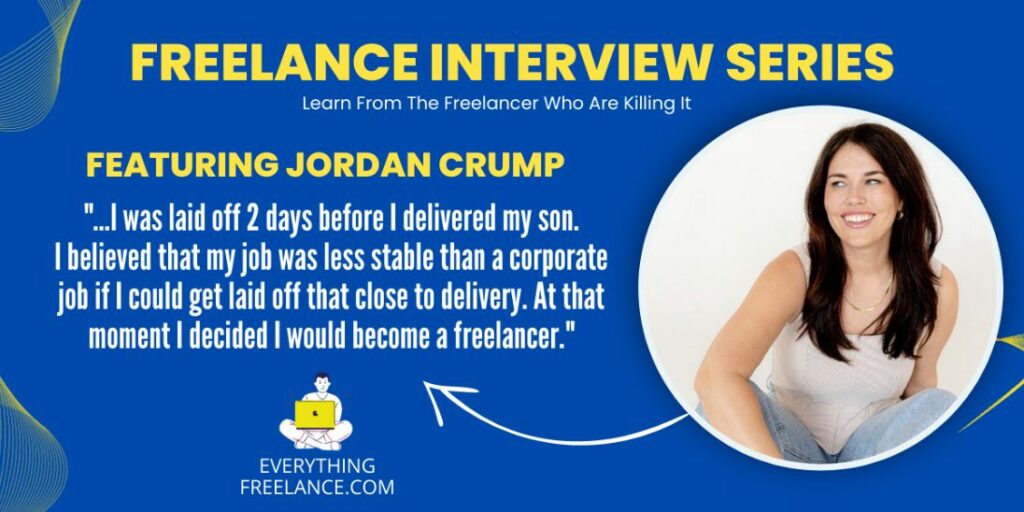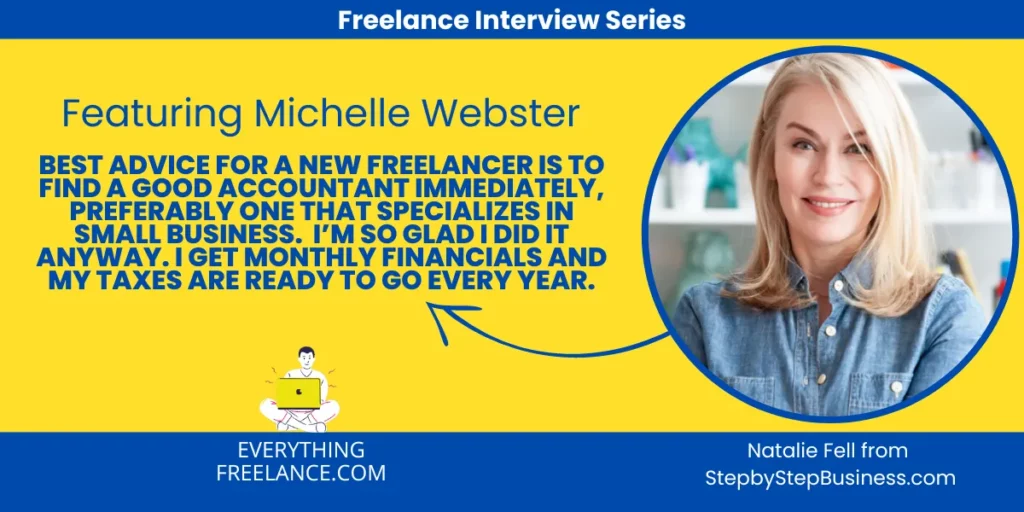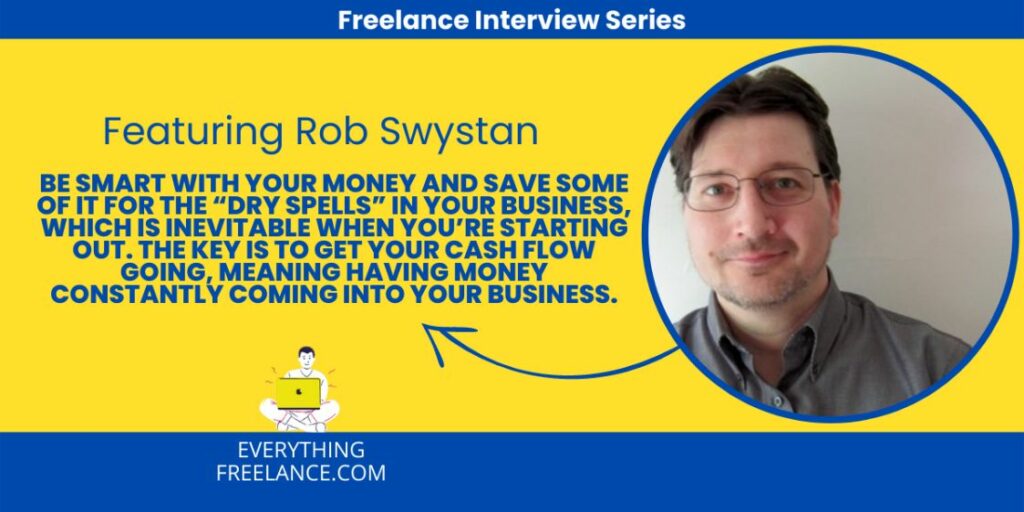Since its inception, the marketing sector has always offered a lot of possibilities to earn. For those willing to earn some extra cash, there is always something to be found on the side.
The list of side hustles is endless, but lately, freelancing is among the most attractive ones. It does not imply that you are betraying your job but rather that you are using your abilities to supplement your income.
If you have good time-management skills, you can easily find a job on the side and kickstart your freelancing journey.
Very often, the income from freelancing exceeds the income from a traditional job, and that’s when people switch to full-time freelancing.
That was the case with Ryan. He is a PPC freelancer, and his specialty is digital marketing. Ryan has been working in the industry for more than 9 years, going from intern to head of a search marketing team.
His need for a side hustle made him learn the ways of freelancing and, in time, completely switch from a traditional employee to a full-time freelancer.
Stay with us through Ryan’s short interview, where you’ll learn about his freelancing journey, obstacles, and advice for new and upcoming freelancers.
Q: Please tell us about yourself, your expertise, etc.
A: My name is Ryan Scollon & I am a PPC freelancer. I have worked in the industry for over 9 years and have been featured on the likes of Search Engine Land, Moz & The Independent.
Q: Please describe your previous work as an employee.
A: My first ever job was as an apprentice at a small digital marketing agency in Birmingham. I worked my way up the ladder for six and a half years, finally heading up the search marketing team.
Q: What was the point where you decided to become a freelancer?
A: In 2018, I began taking on some freelance work on the side of my full-time job. After 12 months, I gradually built my freelance client base to the point that I was matching my monthly employed salary.
After securing one big project and having no spare time in my capacity, I realized this was my best opportunity if I was to make the jump as a full-time freelancer.
Q: What are the challenges you’re facing as a freelancer?
A: My main challenge at the moment is maintaining a steady stream of good-quality leads. Once you have freelanced for a few years, getting work is easy, but the quality is questionable.
You soon get tired of working on boring or poorly paid projects, so you only want to work on the best. But they only come once in a blue moon.
Q: What can you advise a beginner freelancer?
A: My advice to anyone wanting to become a freelancer is to ensure you have 3-6 months of bill money in the bank.
It helps if you can start freelancing on the side before leaving your employed job, but it makes it much easier to sleep at night when you have money in the bank to cover the bills, should you have one or two quiet months in the beginning.
Q: How to handle inflation as a freelancer?
A: I’ve been speaking to many freelancers about inflation, and it seems that many have increased their prices to cover the costs.
I’m yet to increase my prices, but it seems that most clients of my fellow freelancers are quite accepting of this increase.
Q: How are you getting new clients?
A: I get some clients from word of mouth, but most of my work comes through my website as I rank quite highly on Google for a handful of popular search terms related to PPC services.
Q: Name one mistake you made as a freelancer.
A: There’s one mistake I’ve made as a freelancer that always sticks in my mind, and that is not implementing contracts sooner.
When I first started freelancing, I never used contracts as they felt like a potential barrier to clients signing up, which is the last thing I wanted when I just wanted to get money in the bank.
But in fact, the lack of contracts cost me more money than I’d like to remember. Without a contract, payment terms and notice periods do not stand, and bad clients can get away with murder.
Q: Can you send a photo of your working station?
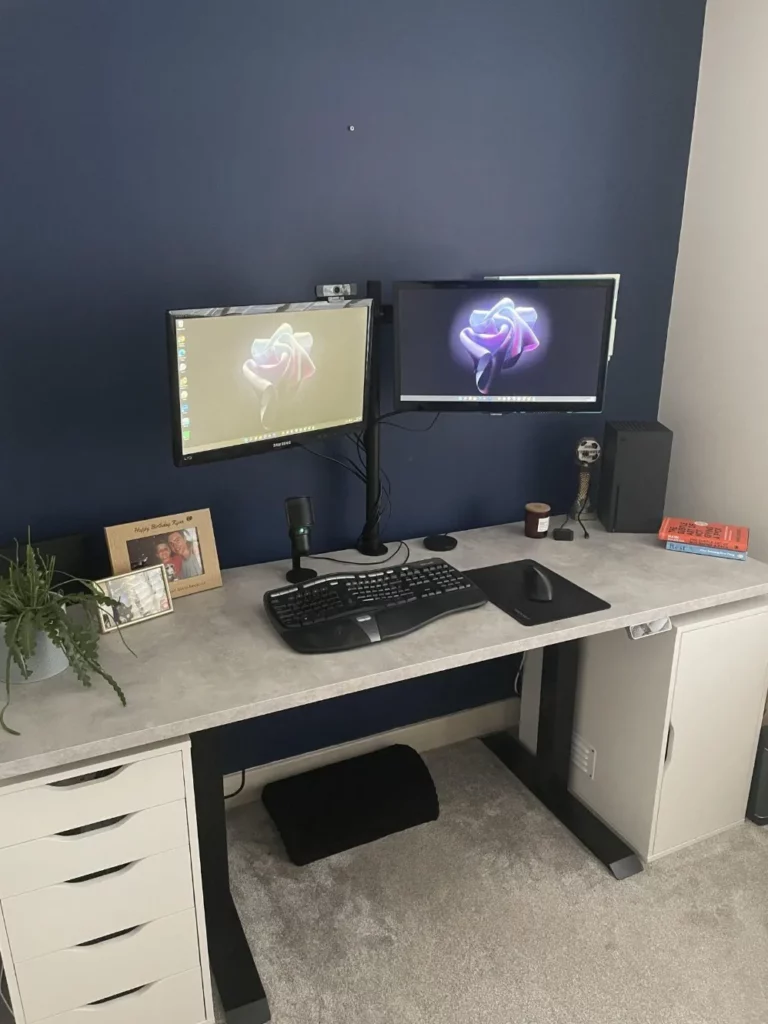
Q: How can potential clients find you?
A: Potential clients can reach me through my personal website or via social media.
It took Ryan almost 12 months to jump from his traditional job to becoming a full-time freelancer. Initially, he started freelancing as a side hustle, securing small clients and working in his free time.
Gradually, he started getting bigger tasks and clients until one day; the freelancing paycheck was the same as the one from his traditional job.
However, one of Ryan’s advice for new freelancers is to have a 3-6 month bill money in their bank accounts. Starting your freelancing journey broke can be a hassle.
But when you are sure that you can manage your bills for the following several months, you’ll be stress-free and able to focus on your tasks.
With a solid freelancing portfolio and a few satisfied clients on the list, finding a new client is as easy as pie. But that doesn’t mean that every project you’ll get in the future will be of good quality.
Ryan advises freelancers to thoroughly browse the available projects and apply only to those bringing the most value.
When you execute your tasks professionally, and timely, you will definitely get noticed and recommended.
Ryan’s new clientele mostly comes out of word-to-mouth recommendations, but having a personal website can be very helpful too. It looks very professional, and you have endless possibilities to list all of your previous work.
One last piece of advice from Ryan is to always prepare a contract with your clients. It is noble to assume that everyone has the best intentions, but doing business is all about profit.
Make sure you set your payment terms and notice periods right before starting a project so you don’t get ripped off. After all, the world of freelancing is wondrous but nevertheless a very competitive one.
